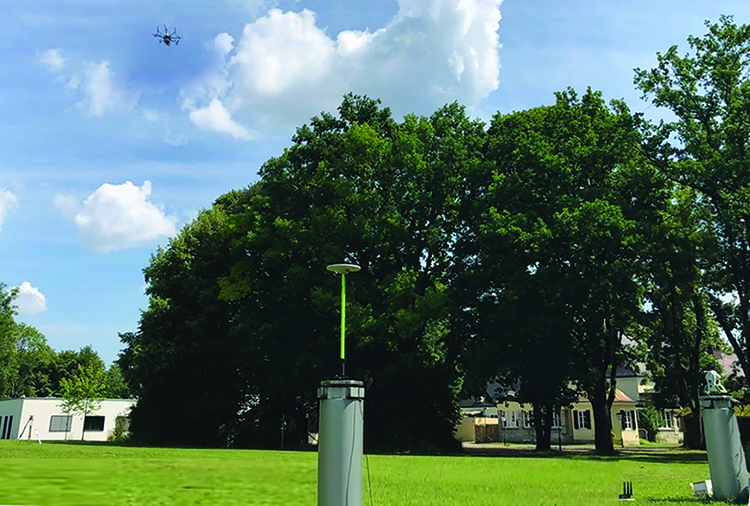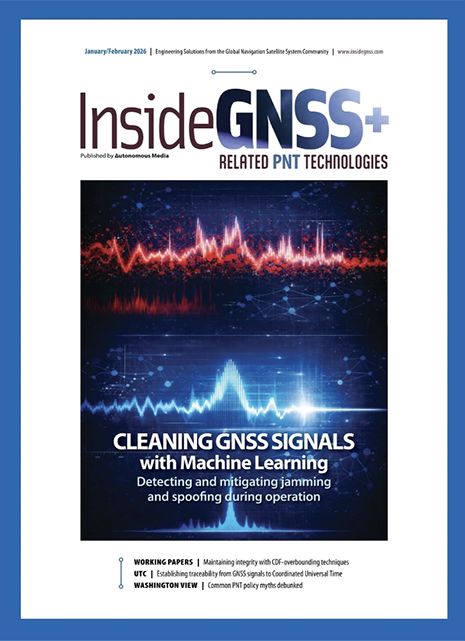On March 3 a Galileo Performance Workshop, open to anyone interested in GNSS and led by the European GNSS Agency (GSA), will offer an in-depth analysis of the performance of the Galileo constellation and signals and how they are evaluated for users.

The Galileo Reference Center (GRC) (short video here) has a primary mission of providing independent means to monitor and evaluate the performance of the Galileo services and the quality of the signals in space. The GRC is the European hub for such activities, integrating contributions from European national entities, such as research centers, timing laboratories, and national space agencies with its own functionality.
The performance is measured by key performance indicators (KPIs), the computation of which depends on GNSS data measurements and derived reference products (e.g. precise orbits, satellites clock corrections). It can be based on publicly available data and products, which are available with various levels of quality, reliability and latency. To be able to compare results obtained by independent sources, it is important to have a common understanding, guidelines for monitoring and a sound assessment methodology.
The GSA states that “the need for monitoring the performance of GNSS is a critical part of the service delivery.” The Workshop announcement did not specify whether it would address the signal outage on December 14. The organizers replied to a query from Inside GNSS on this aspect: “As part of performance monitoring, the performance measured in December is within the scope of the webinar, and we may be able to report on that. The analysis of the root cause is not however in the perimeter of the monitoring activities, which are only an input to that. The aim of the workshop is to present how the performance of Galileo is evaluated to assess whether it is in line with the SDD, and to discuss associated technical aspects.”
The online webinar on March 3rd at 14:00 Central European Time (8 a.m. U.S. Eastern Time) will give attendees the opportunity to better understand how the performance of Galileo services is crucial for the service provision for every user application. There will be a particular focus on:
- the Galileo programme needs for performance monitoring
- the Galileo services as defined in the Service Definition Document (SDD)
- the Minimum Performance Levels (MPLs)
- KPIs, which are quantifiable measures used to evaluate the performance
- publicly available data, products and tools that can be used for GNSS monitoring
- a set of monitoring and assessment guidelines for the implementation of a solution able to monitor the Galileo system performance based on publicly available data, products, and tools.

Earlier presentations delivered during the Galileo service status session during the EU Space Week (December 7–11, 2020) can be found here.
Registration for the Galileo Performance Workshop is now open.





